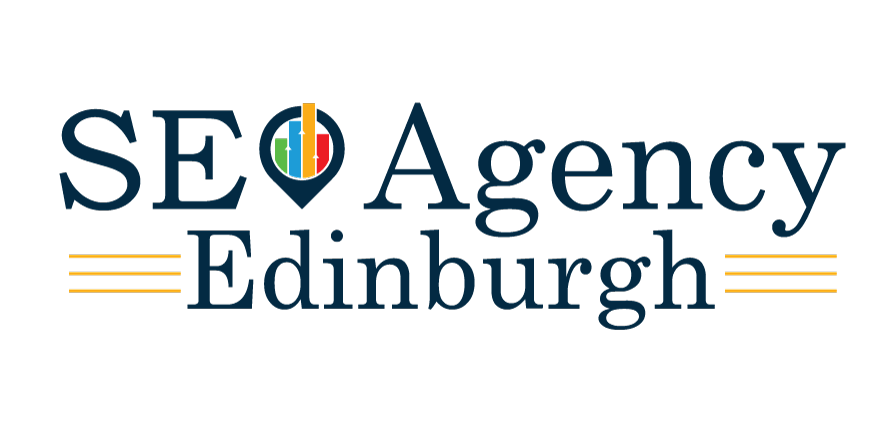What is On-page SEO?
On-page SEO is the practice of optimizing pages of websites to obtain high organic traffic and boost rankings of websites in the search engine result pages (SERPs). This involves optimizing a HTML of a page, internal links, and meta data such as meta title, meta description, and keyword density as well as generating high-quality, relevant content and images. When you include all these characteristics of a webpage together, you are left with an optimized webpage, thanks to on-page SEO.
In addition, there are various ranking factors for search engines that lie outside of the website owner’s control, this is referred to as off-page SEO. Things like backlinks from other sites, social media, brand mentions, and shares can all have a direct or non-direct impact on the rankings of a website in the search engine result pages (SERPs).
Search engines such as Google look at keywords and other On-page SEO indications to figure out whether a page matches a search intent of the user. And in case that search engines determine the page will be beneficial to the user, it will put on view its search engine result pages (SERPs).
Why is On-page Optimization Essential for Edinburgh SEO?
On-page SEO supports search engines to examine your website and the content connected to it so that it can recognize in case a query of a searcher is relevant to your website. Google is consistently improving their algorithm so that it can better understand a searcher’s intent and handing over search results that fulfill the needs of users. As Google’s algorithm develops, so should your website.
It is necessary that your website and its content, involving what is apparent to users (i.e. media, content, images) and what is visible to search engines (i.e. meta data, HTML), are optimized to the current practices utilized by companies such as Google and Bing. By this way search engines can determine your website and how to rank it.
No matter if you have a big or small business, it is crucial to optimize a On-page SEO of a website. A Professional SEO service indicates one of the most exclusive digital marketing strategies, and it remains super famous because of its credible return-on-investment. In actual fact, on-page SEO provides the best return on investment (ROI) out of most any digital marketing strategy with its comparably low-cost and long-term advantages that can support websites to expand and bring in passive traffic for years.
Basically, half of all organic traffic on websites comes from search engines such as Google or Bing, this suggests that approximately 40% of online revenue derives from search traffic as well. The top result on search engine result pages obtains 32% of keyword traffic, and the first page of search results attracts approximately 91.5% of organic traffic.
This is the reason why on-page SEO services in Edinburgh are essential. Without it your website could be extremely pass over on opportunities to rank for search queries particular to your business. Without a professional SEO strategy then your website might get reduced search results by competitors. This is an important part of why many companies hire an SEO agency in Edinburgh, because the world of search marketing has developed to describe nearly $79 billion.
How to Optimize Your Content for On-page SEO?
On-page SEO is something more than only including keywords to your webpages. Here is a short description of how the ranking process works:
Google begins by crawling or determining pages on the web. Google may index the web pages. It utilized various factors such as On-page SEO factors which determines what type of page it is and how it should be ranked in search engine result pages (SERPs). In case that Google decides to index a page, it can be approached through Google search. But Google does not give assurance that each and every page will be indexed. Or appear in search results at all. So it is necessary to adjust the On-page SEO elements covered below to best convey to Google what your page is about. In this manner, it can rank you for consistent problems in search results.
1. Write Exclusive, Optimized Content:
One of the most significant On-page SEO steps you should take is to generate high quality content that matches the search intent of your readers. Start by conducting keyword research to discover relevant topics and target keywords.
High search volume can be beneficial to the target. Target less competitive long-tail keywords, also. These keywords frequently have lower search volume but lower keyword difficulty. This represents that they can be easier to rank in search engines. Once you have chosen your keywords, it’s time to generate your content. Following are the few best practices to create well optimized and high quality content.
- Include keywords essentially into your content.
- Ensure the content of your website must match the search intent of the user.
- Your content should be beneficial to users.
- Write exclusive content that provides something that competitors do not.
- Add visual content.
2. Place Target Keyword Strategically:
Once you determine your target keywords, then it’s time to place these target keywords into your content. Google analyzes your content to see what a page is about and what type of products and services it is providing, and readers will also probably do the same.
So, you should add your target keywords in these important areas,
- H1 heading
- First paragraph.
- Subheadings
This will support Google to achieve context about the topic of your page. And users will be capable of rapidly telling whether the page matches their search intent or not.
3. Optimize Title Tags:
Title tags are the components of HTML code that represent what the title of a web page is. And show that title in search engines, different social media posts, and browser tabs. Moreover, title tags are one of the most important factors of raking. And can impact whether a user determines to click on a page.
Following are the tips to write a title tag,
a. Keep it short:
We suggest keeping title tags between approximately 50 to 60 characters so Google does not interrupt them.
b. Add your target keywords:
This supports both Google and users deciding what your page is about and which type of product and services your website is offering.
c. Be exclusive:
Neglect duplicate title tags so that the purpose of each individual’s page is clear to Google and users.








